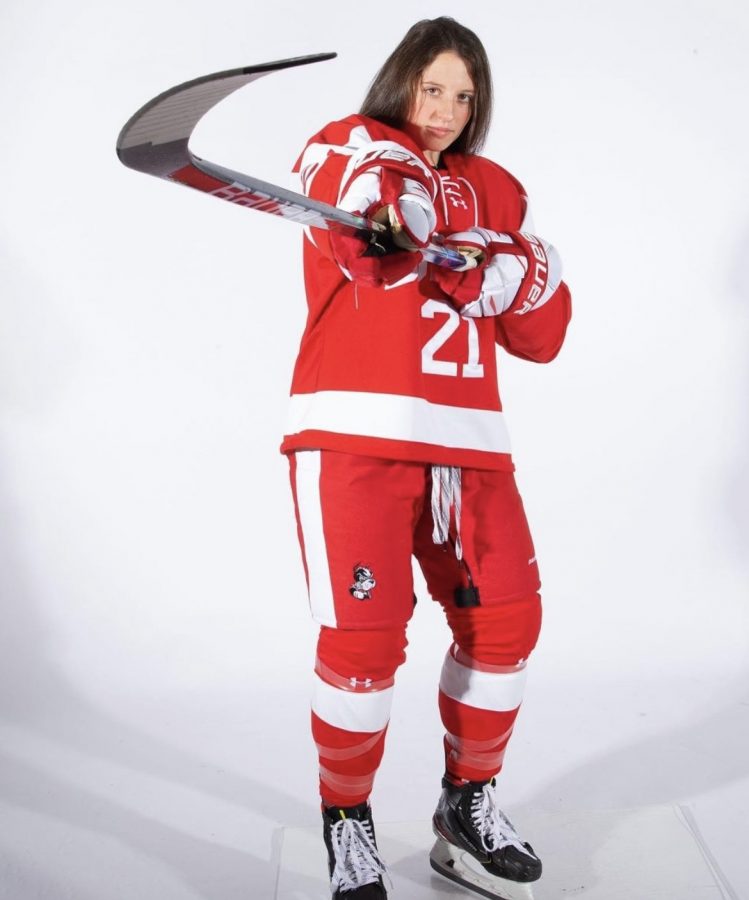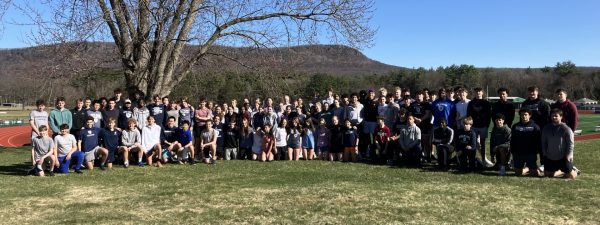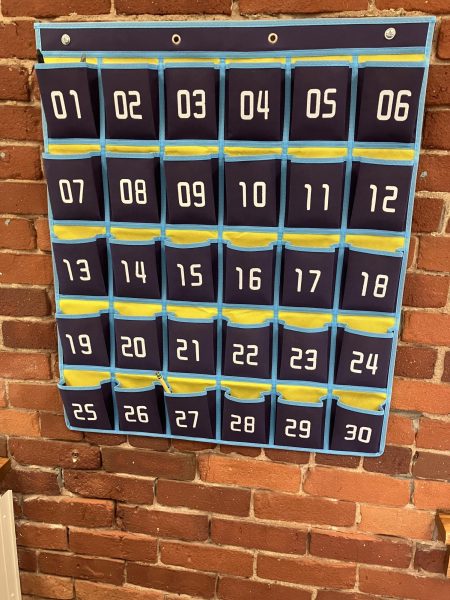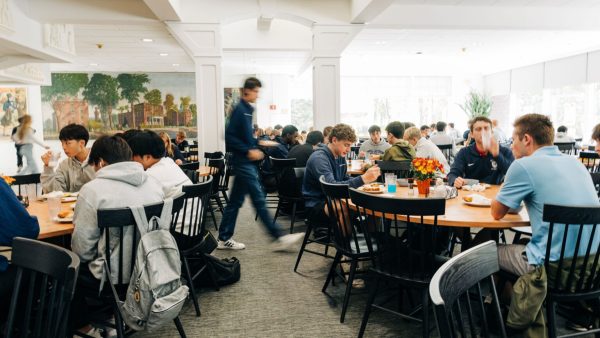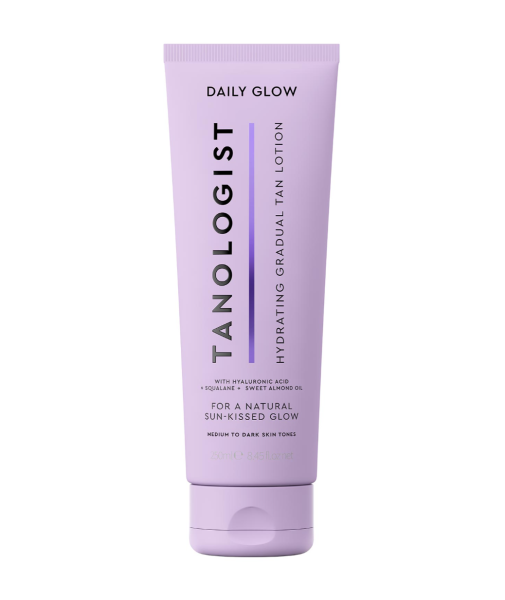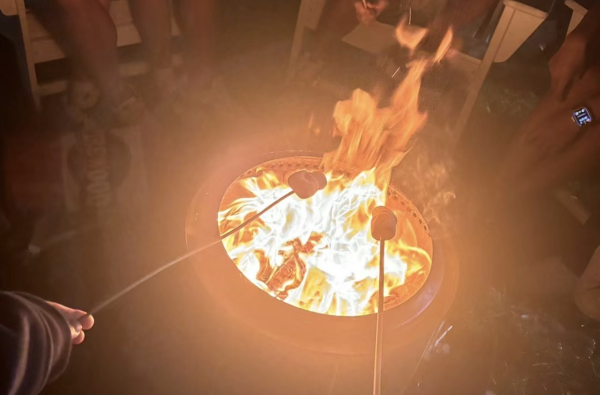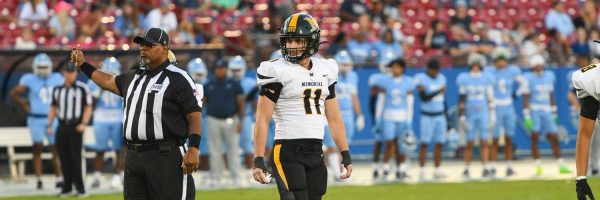Cardaci, Regan, and O’Connor: Athletic Alums at the Next Level
Three notable Williston alumni are pursuing their athletic dreams at the collegiate level.
First-year Shane Regan ’21, sophomore Caroline O’Connor ’20, both at Wesleyan University, and sophomore Maddy Cardaci ’20 of Boston University, compete in winter sports while maintaining high grades and fulfilling social lives.
Wesleyan’s rigorous academics challenge student athletes to perform at an extremely high level in and out of the classroom. Regan, a shooting guard for the Wesleyan Basketball team, discussed the struggles of maintaining a balance of sports, social life, and schoolwork.
“Right now, I do have a hip injury which has been a huge setback for me,” Regan said. “To be sidelined and not able to compete definitely took a toll on me mentally.”
Regan’s injury, he explained, has allowed for more studying time since he is not as physically drained from the intensity of daily practices. Regan is battling through this setback with an optimistic approach, ready to get back on the court.
Caroline O’Connor, competing as a Cardinal for the Wesleyan Basketball team, said the pandemic has affected her basketball career.
“It took away my freshman season; even though we were able to have practices they had to be non contact which was really frustrating,” she said. “I was excited to come to school and finally get back at it, but we never got to scrimmage with each other or play defense until the end of the second semeseter.”
O’Connor said this year is an improvment over last.
“This year has been a lot better and we’ve started back into a regular season with games,” she said. “Basketball takes up a lot more time than I expected because, with last year, it wasn’t much of a commitment.”
O’Connor utilizes the resources on campus for academic success, and she said reaching out to professors and teaching assistants are the most useful ways to steer through a heavy course load.
Maddy Cardaci, a member of the Division I Boston University Women’s Ice Hockey team, finds it important to prioritize mental health and find a sustainable balance between being a student and an athlete at a demanding level.
“I would consider my mental health my top priority when partaking in such an intense and competitive environment,” she said. “The biggest lesson I have learned at my time at BU is if you’re mentally not in the game you physically won’t be either, and that can correlate to on the ice, in the lecture halls, or in the gym.”
Cardaci said maintaining a healthy social life has been key to countering the stress of athletics and academics.
“Balance is important, and burnout is real especially in college sports, so it’s good to let loose and have fun once and a while,” Cardaci said.
A study completed by Kirby Heffrin, a student at Connecticut College in New London, Conn., dissected the New England Small College Athletic Conference’s (NESCAC) student athlete’s well-being. She investigated influential factors that contribute to mental illnesses in athletes using the College Student Athlete Life Stress Scale to determine the source of stresses in college athletes competing at this level.
“Student athletes are exposed to additional environmental factors compared to their non-athlete peers, including time demands, performance pressures on and off the field, coaching staff, and increasing academic stress,” Heffrin’s study explained. “The student-athletes in the NESCAC are vulnerable to unique stressors due to the rigor of the academics and athletics at the belonging institutions and are a population that needs further investigation.”



